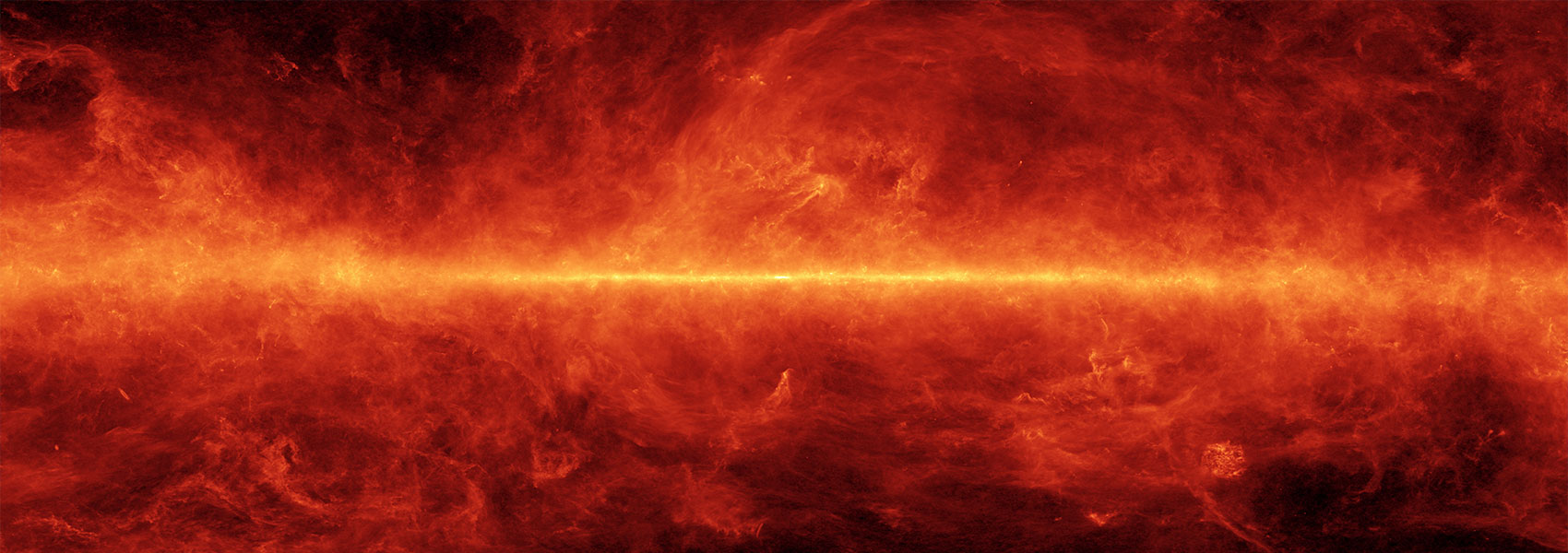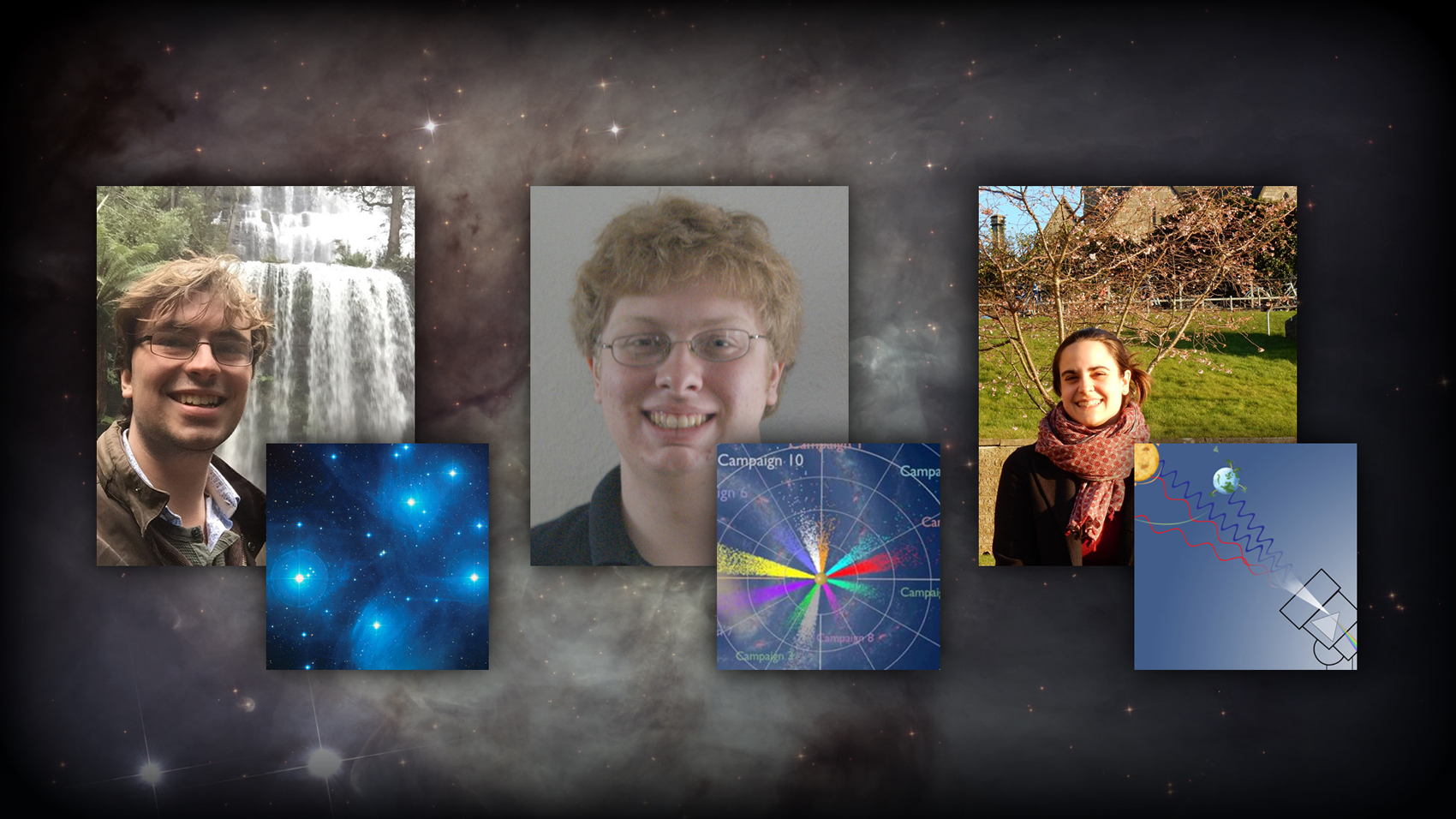
NASA announces Astronomy and Astrophysics Fellows for 2017

NASA has selected 28 fellows for its prestigious Einstein, Hubble and Sagan fellowships. Each post-doctoral fellowship provides three years of support to awardees to pursue independent research in astronomy and astrophysics. The new fellows will begin their programs in the fall of 2017 at a host university or research center of their choosing in the United States.
"We are thrilled to have some of the most exciting young scientists in the world to help us explore the mysteries of the cosmos," said Paul Hertz, Astrophysics Division director at NASA Headquarters, Washington. "We look forward to all the great science they will do in the next three years during their fellowships."
The Sagan Fellowship, administered for NASA by NASA Exoplanet Science Institute (NExScI), operated at Caltech/IPAC in coordination with the Jet Propulsion Laboratory, supports scientists whose research is aligned with NASA's Exoplanet Exploration program. The primary goal of this program is to discover and characterize planetary systems and Earth-like planets around other stars. The current and past Sagan Fellows will meet at Caltech/IPAC in Pasadena, California, at the Sagan Fellows Symposium later this year to take advantage of networking opportunities and update their peers on their research efforts.
"The field of exoplanets continues to explode with new discoveries and advancements each day. The Sagan fellows will contribute to these advancements by pushing the boundaries with their research." said Sagan Program Scientist Dawn Gelino, deputy director for the NASA Exoplanet Science Institute at Caltech/IPAC in Pasadena.
The three 2017 Sagan Fellows and their host institutions are:
NASA awarded eight Einstein fellowships whose recipients will conduct research broadly related to the mission of NASA's Physics of the Cosmos (PCOS) program, which aims to expand our knowledge of the origin, evolution and fate of the universe. Another 17 young researchers were awarded Hubble Fellowships to pursue research broadly related to the mission of NASA's Cosmic Origins (COR) program, which aims to examine the origins of galaxies, stars, and planetary systems, and the evolution of these structures with cosmic time. The Einstein and Hubble Fellowship programs are administered by the Chandra X-ray Center and the STScI, respectively.
Read more about the recipients of the 2017 NASA Astronomy and Astrophysic Fellowships in:
JPL news release - https://www.jpl.nasa.gov/news/news.php?release=2017-092
STScI news release - http://hubblesite.org/news_release/news/2017-13
- Date: March 31st, 2017
- Category: IPAC News
- View Image


